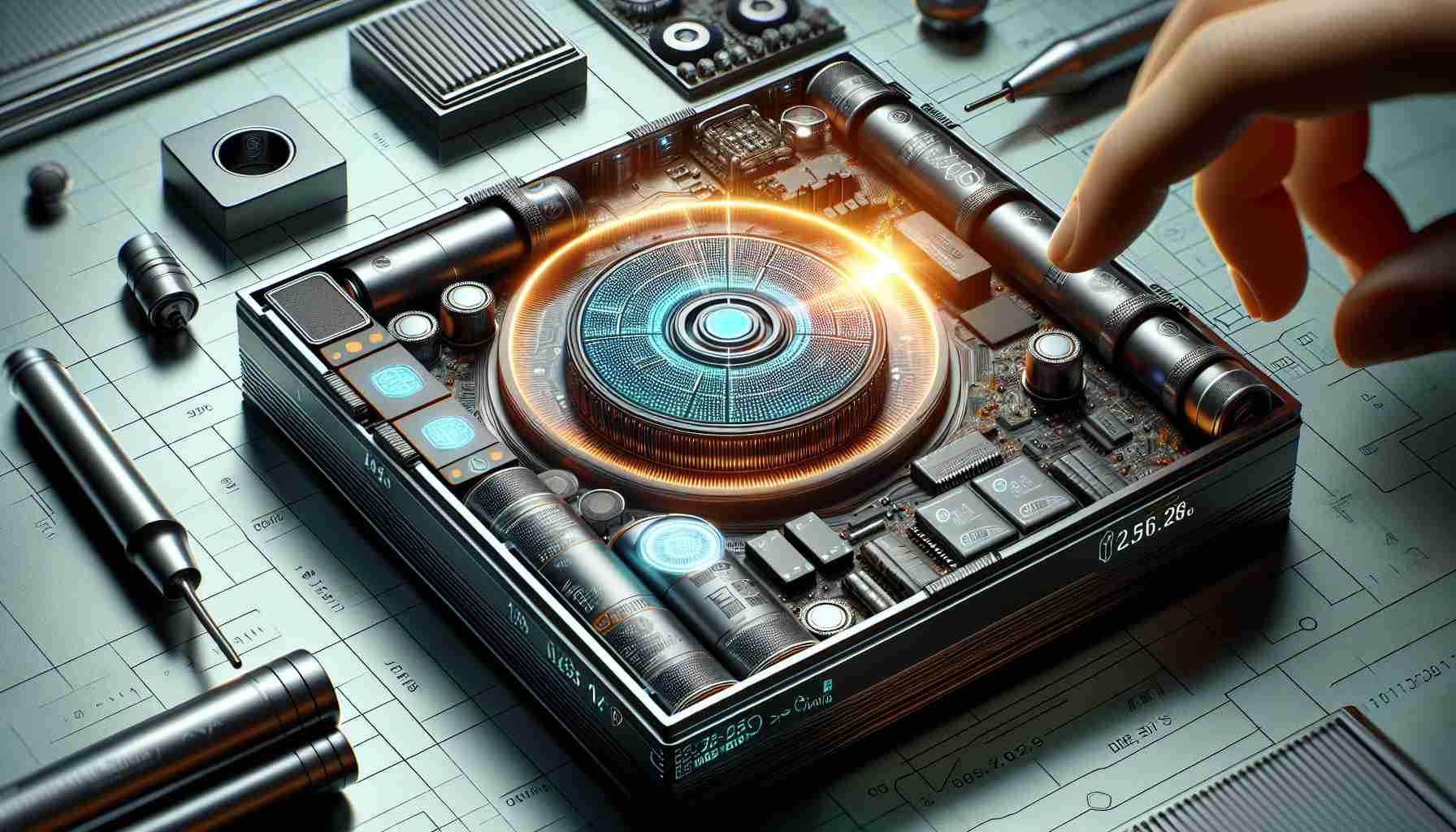The buzz around solid-state batteries is palpable, with many anticipating them as the next breakthrough in energy storage technology. But how close are we really to seeing them in our everyday devices? Solid-state batteries promise to revolutionize the market with their potential for longer lifespans, greater energy density, and improved safety due to the use of solid electrolytes instead of liquid ones.
Several major companies and institutions are actively researching and developing solid-state battery technology. For instance, automotive giants like Toyota and BMW have made significant strides, announcing plans to implement these batteries in electric vehicles within the next decade. Likewise, Samsung and other tech companies are exploring their use in consumer electronics, aiming to offer longer-lasting and safer devices.
However, despite the excitement, obstacles remain before mass-market adoption is possible. The primary challenges include scaling up production, reducing costs, and addressing issues related to longevity and performance at different temperatures. Researchers are optimistic that these hurdles can be overcome with continued investment and innovation.
Industry experts project that we could start seeing solid-state batteries in limited consumer applications as early as the mid-2020s. While mainstream use may still be a few years away, the ongoing advancements suggest a future where these next-gen batteries could become standard. The journey from lab to market is complex, but the potential rewards make it an exciting endeavor to watch.
Are Solid-State Batteries the Future of Energy Storage? Latest Insights and Predictions
The interest in solid-state batteries continues to soar, as these innovative energy storage solutions promise to usher in a variety of advancements. At the forefront are benefits like increased energy density, longer lifespan, and enhanced safety through the use of solid electrolytes. These advantages have captivated both the automotive and electronics sectors, sparking intense competition and collaboration in the race to commercialize the technology.
Current Trends and Innovations
In recent developments, automotive leaders such as Toyota and BMW are actively pursuing solid-state battery integration, with Toyota aiming to showcase a prototype solid-state battery-powered vehicle by 2025. These strides are anticipated not only to bolster vehicle performance but also significantly reduce charging times. Additionally, Samsung’s exploration into incorporating solid-state batteries into consumer electronics could lead to a new wave of longer-lasting and safer smartphones and laptops.
Challenges to Overcome
Despite promising advancements, substantial obstacles remain. The most pressing issues involve the ability to mass-produce these batteries at a competitive cost. Longevity and consistent performance in variable temperature conditions are additional technical barriers that must be addressed for wide-scale application. Nevertheless, experts hold an optimistic outlook, suggesting with ongoing research, these challenges will be surmountable in the coming years.
Market Predictions and Future Applications
Market analysts predict that by the mid-2020s, solid-state batteries may begin to appear in niche consumer applications, with broader availability potentially unfolding by the end of the decade. As research and development efforts intensify, these batteries could become standard offerings, redefining the landscape of energy storage solutions across industries.
Security and Sustainability Aspects
The transition to solid-state technology also offers significant sustainability and security benefits. The solid electrolytes reduce the risk of leaks and fires associated with traditional liquid electrolytes, enhancing user safety. Furthermore, the potential for improved energy efficiency aligns with global sustainability goals, aiming to reduce the carbon footprint of battery production and usage.
For more information on developments in solid-state battery technology, you may visit the official websites of companies leading in this innovation, such as Toyota and Samsung.
Stay tuned as the industry continues to evolve, making strides toward an exciting future where solid-state batteries could power our world.












